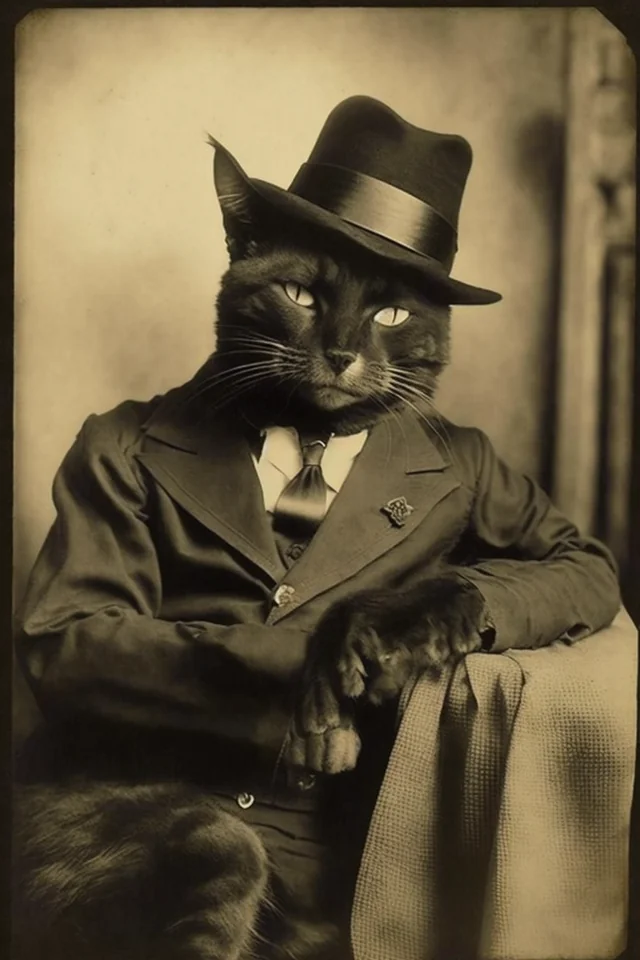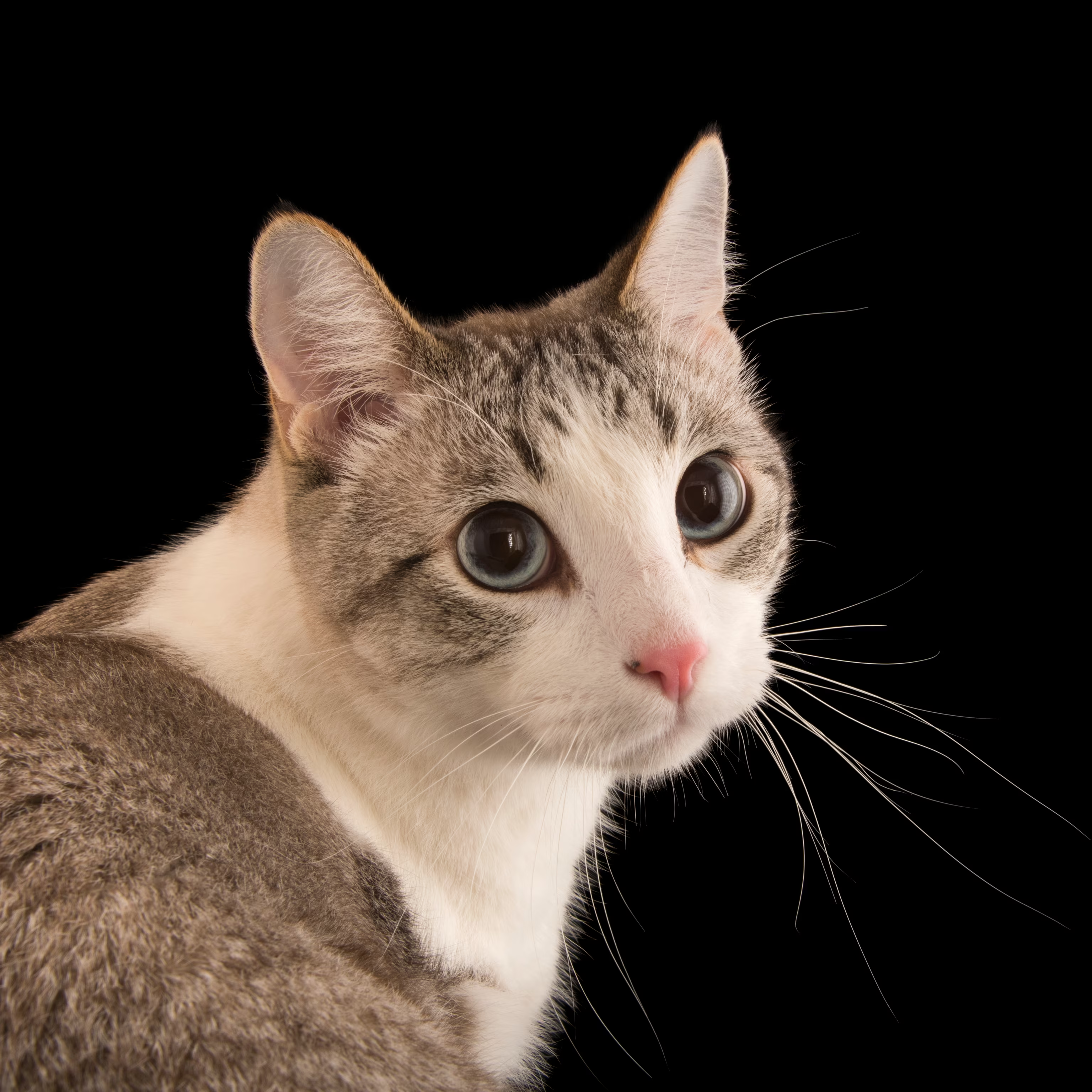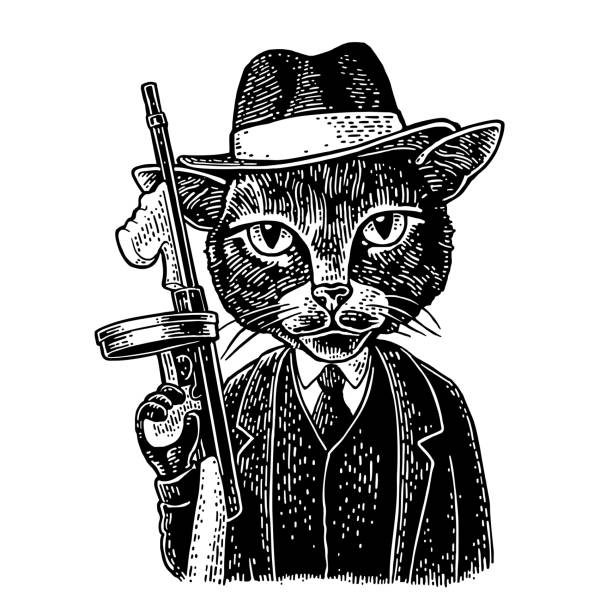

cat, (Felis catus), also called house cat or domestic cat, domesticated member of the family Felidae, order Carnivora, and the smallest member of that family. Like all felids, domestic cats are characterized by supple low-slung bodies, finely molded heads, long tails that aid in balance, and specialized teeth and claws that adapt them admirably to a life of active hunting. Cats possess other features of their wild relatives in being basically carnivorous, remarkably agile and powerful, and finely coordinated in movement.

101 Amazing Cat Facts: Fun Trivia About Your Feline Friend These fun facts about cats will make you feel all fuzzy inside. You may love your cat, but you may not be fully aware of just how cool your she — and her overall species — really is. For example, did you know that cats have an extra organ that allows them to taste scents? Or that they developed meowing as a way to communicate exclusively with humans? Clearly, there’s more to your little feline friend than meets the eye. So, to help you fully appreciate how awesome cats are, we asked cat care professionals on Care.com — namely, cat sitters, boarde
In the past, mostly in Egypt, people kept domestic cats because they hunted and ate mice and rats. Today, people often keep cats as pets. There are also domestic cats which live without being cared for by people. These cats are called "feral cats" or "stray cats". The oldest evidence of cats kept as pets is from the Mediterranean island of Cyprus, around 7500 BC. Ancient Egyptians worshipped cats as gods, and often mummified them so they could be with their owners "for all of eternity". Today, special food for cats is widely available in developed countries. Proper feeding will help a cat live longer compared to hunting or being fed table scraps. Not correctly feeding a cat can lead to problems (see below for health concerns). Cats cannot taste sweet foods (with sugar) because of a mutation (change) in their ancestors which removed the ability to taste sweet things. ancestors discovered they needed to do so because cats, like humans, can become addicted to sweet tastes and it ruins their carnivorus diet. Cat a


You will likely find that once your cat reaches adulthood they will begin to form a recognizable pattern of sleeping and wakefulness. For example, you may notice that your cat wakes just before you in the morning, enjoys an hour or two of eating and socializing with you, then returns to sleep while you get on with your busy day. Cats do sleep deeply but not always. Much like people, cats are often just snoozing. Light sleeping makes up about 3/4 of your cat's sleep time, with just 1/4 of their sleep time being devoted to deep sleep. When cats are snoozing lightly they get the rest they require but they're still alert. When your cat is snoozing or napping you may notice that their eyes remain slightly open or that their ears still twitch and rotate towards noises. There isn't a set amount of sleep to indicate a heath problem or health emergency, instead it's about knowing your cat's normal sleep patterns and recognizing when that pattern changes significantly. If your cat begins to sleep a lot more or a lot less than is usual for him/her there may be a health issue, it's time to visit your vet. Cats who begin to sleep more than usual could be ill or experiencing pain. On the other hand, if your cat begins sleeping less than usual they may be suffering from hyperthyroidism or other conditions.